By Bob Hicks
The thing about so many Scatterers is that they don’t just observe, they also participate. Bronislaw Malinowski and Margaret Mead would be so pleased.
 Tonight we head to the Arlene Schnitzer Concert Hall, where the legendary Martha Graham Dance Company trods a Portland stage for the first time since 2004. One way to think about modernism: The Great Graham was born in 1894, which would make this modernist avatar 116 years old if she were still alive and kicking, and very much of an antique. How do you keep modernism modern when it’s got so old?
Tonight we head to the Arlene Schnitzer Concert Hall, where the legendary Martha Graham Dance Company trods a Portland stage for the first time since 2004. One way to think about modernism: The Great Graham was born in 1894, which would make this modernist avatar 116 years old if she were still alive and kicking, and very much of an antique. How do you keep modernism modern when it’s got so old?
One way is to keep the dancers themselves fresh and vigorous. Another, presumably, is to build on the legacy, and that’s where Friend of Scatter Josie Moseley comes in. We’ll be holding down the “observer” part of the bargain. Josie will handle the participating. Moseley, the Portland choreographer whose credits include work directly or indirectly with Jose Limon, Alwin Nikolais, Anna Sokolow and Mark Morris (among others), set a new solo on the Graham company’s Samuel Pott this fall, and it’ll be premiered tonight. Her piece is one of three new dances commissioned as responses to Graham’s seminal 1930 solo Lamentation. (The other two are by Larry Keigwin and Bulereyaung Pagarlave.) Moseley’s variation, Inherit, is set to music by jazz saxophonist and composer Joshua Redman.
*
Wednesday night it’s to Northeast Portland’s Blackbird Wine Shop & Atomic Cheese to see Scatter friend Charles Deemer‘s debut screening of his latest online movie, The Farewell Wake. Deemer’s made two versions of the film — a shorter, more tightly edited director’s cut and a longer version, which includes some scenes and performers who’ll end up on the short version’s cutting room floor. The Blackbird screening is the long version, and it’s a special showing for all the people who took part.
That includes Mr. Scatter, in a very brief cameo as a guy named Art Scatter, and Scatter chief correspondent Martha Ullman West in a meatier supporting role. Will Mr. Scatter survive the final cut? He’s on pings and noodles. Martha, he knows, is a survivor. Here’s what we wrote about Deemer’s last video film, Deconstructing Sally. (And here’s what we wrote about his Oregon-classic play Christmas at the Juniper Tavern.)
*
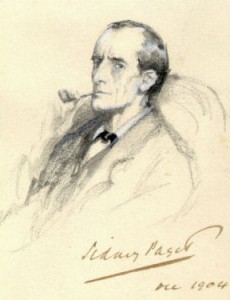 Finally, Scatter regular George Taylor has taken a break from his sauerkraut fermentation duties to spin out yet another play, and this one sounds like a corker. It combines England’s favorite miser and its favorite violin-sawing, cocaine-snorting gumshoe into a comic mystery called The Strange Case of the Miser at Christmas.
Finally, Scatter regular George Taylor has taken a break from his sauerkraut fermentation duties to spin out yet another play, and this one sounds like a corker. It combines England’s favorite miser and its favorite violin-sawing, cocaine-snorting gumshoe into a comic mystery called The Strange Case of the Miser at Christmas.
You can see a free reading of it on Monday evening, November 29, at Theater! Theatre! under the auspices of the invaluable Portland Theatre Works (read what we had to say about them here). Among the promising-looking cast are Tobias Anderson, Dave Bodin and Maureen Porter.
What’s it about? PTW’s Andrew Golla passes this along:
It’s Christmas Eve 1882. A miserly businessman named Scrooge calls at 221B Baker Street with a problem. A series of ghost-filled dreams has made him terrified to go to sleep. He fears the last dream, which is to take place this night, may signal his last night on earth. Surely the “world’s greatest detective” can discover what, or who, is behind the dreams. Sherlock Holmes and Dr. Watson have to use a controversial form of investigation to solve The Strange Case of the Miser at Christmas.
Your participation is humbly invited.
*
ILLUSTRATIONS, from top:
- Heidi Stoeckley Nogoy in Martha Graham’s “Cave of the Heart.” Photo: John Deane
- Sidney Paget (1860-1908): “Sherlock Holmes,” 1904. Wikimedia Commons
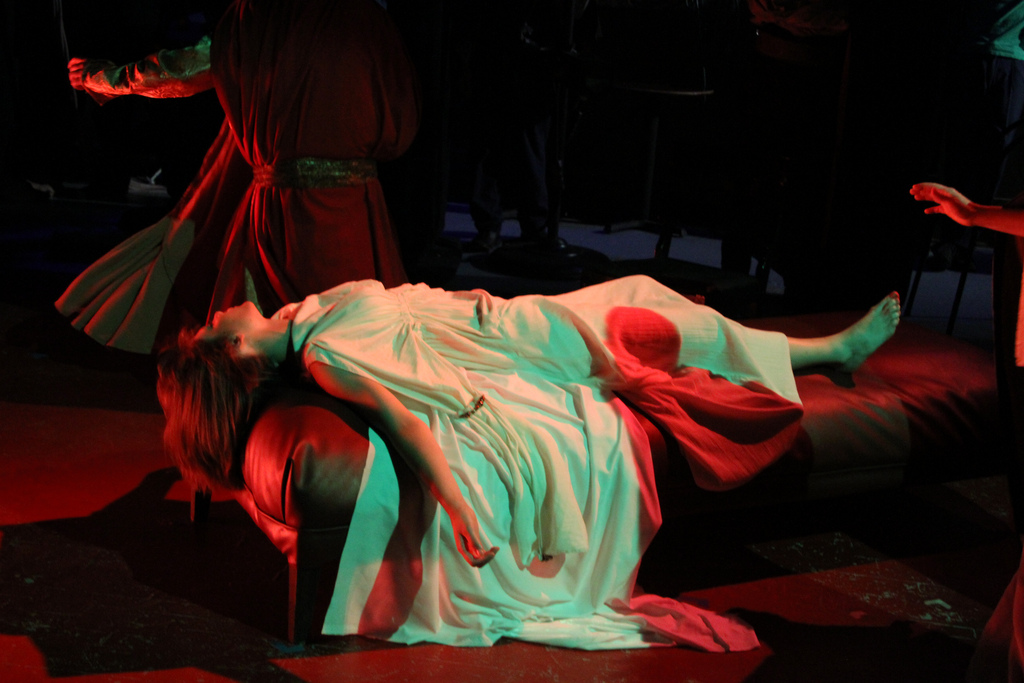

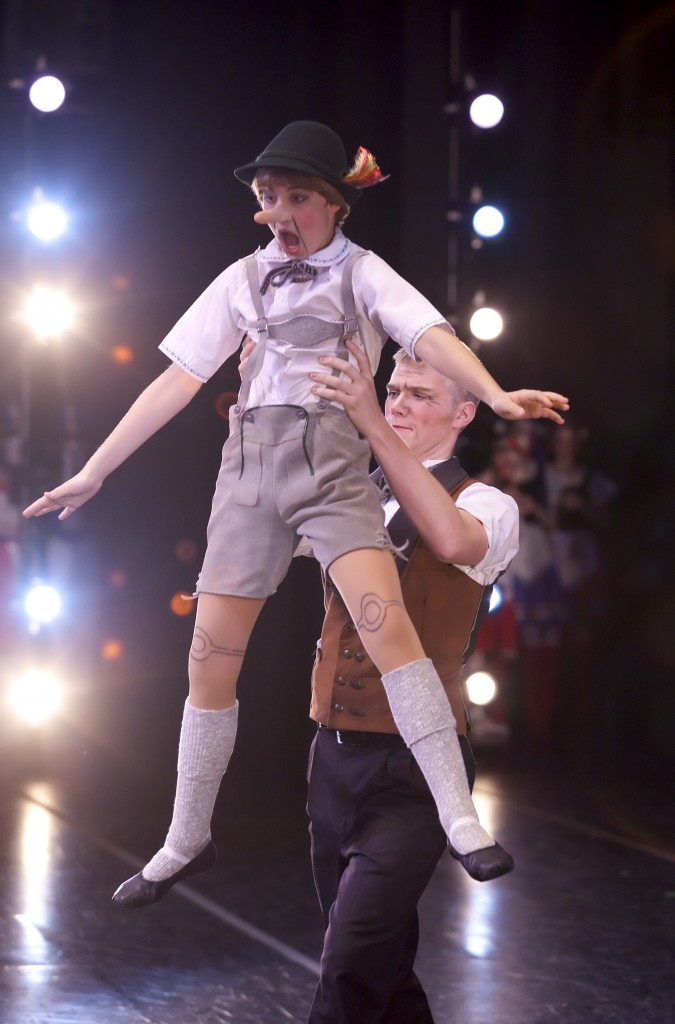


 Today we offer a quick link to
Today we offer a quick link to 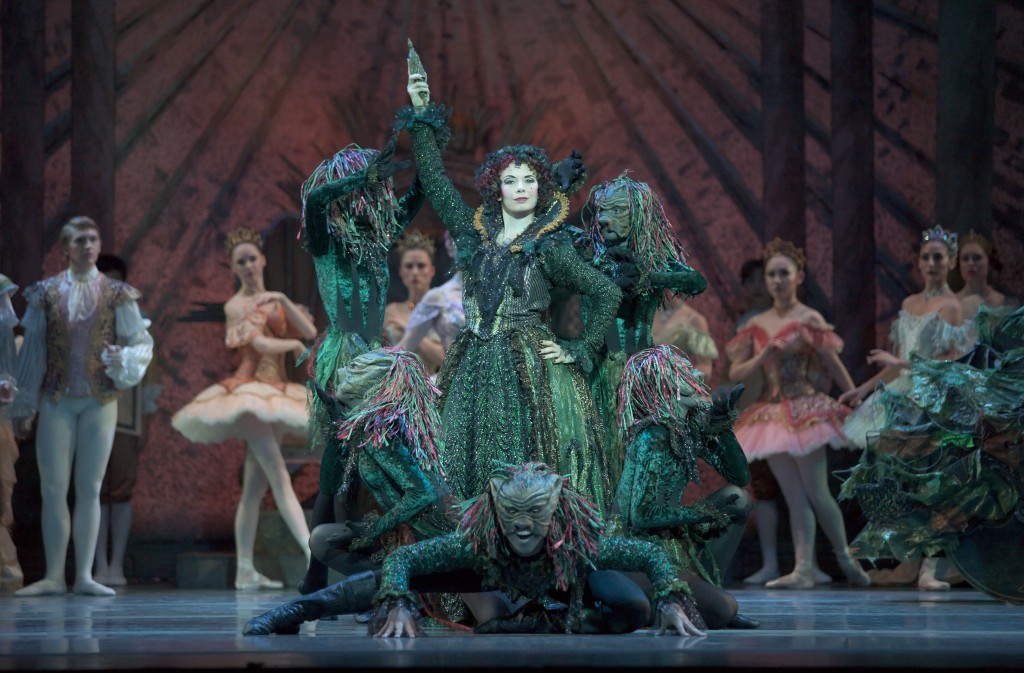
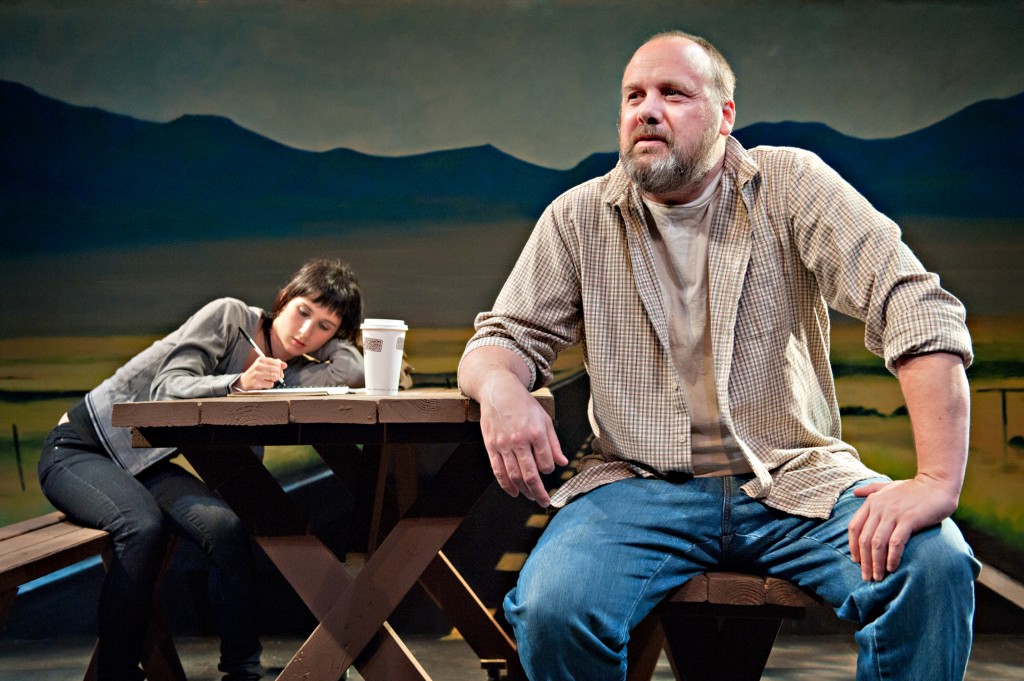
 Besides being a homecoming of sorts — Blessing is a 1971 grad from Reed, where he directed and was directed by another high-profile theater alum,
Besides being a homecoming of sorts — Blessing is a 1971 grad from Reed, where he directed and was directed by another high-profile theater alum,  Mrs. Scatter has unearthed
Mrs. Scatter has unearthed 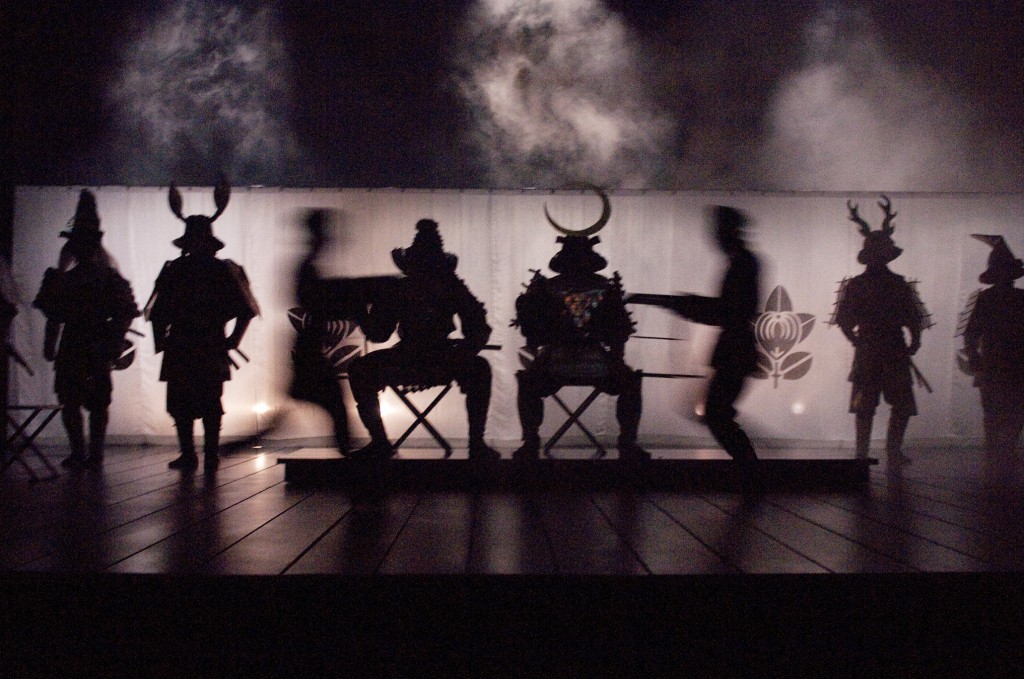
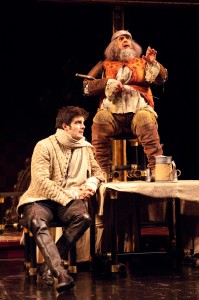 The festival is changing, reinventing itself in front of our eyes. It’s not a revolution, it’s a profound evolution: Ashland has joined the 21st century. This season’s fruit of reinvention includes American Night: The Ballad of Juan Jose, a smart and often uproarious piece of agitprop by Richard Montoya and
The festival is changing, reinventing itself in front of our eyes. It’s not a revolution, it’s a profound evolution: Ashland has joined the 21st century. This season’s fruit of reinvention includes American Night: The Ballad of Juan Jose, a smart and often uproarious piece of agitprop by Richard Montoya and